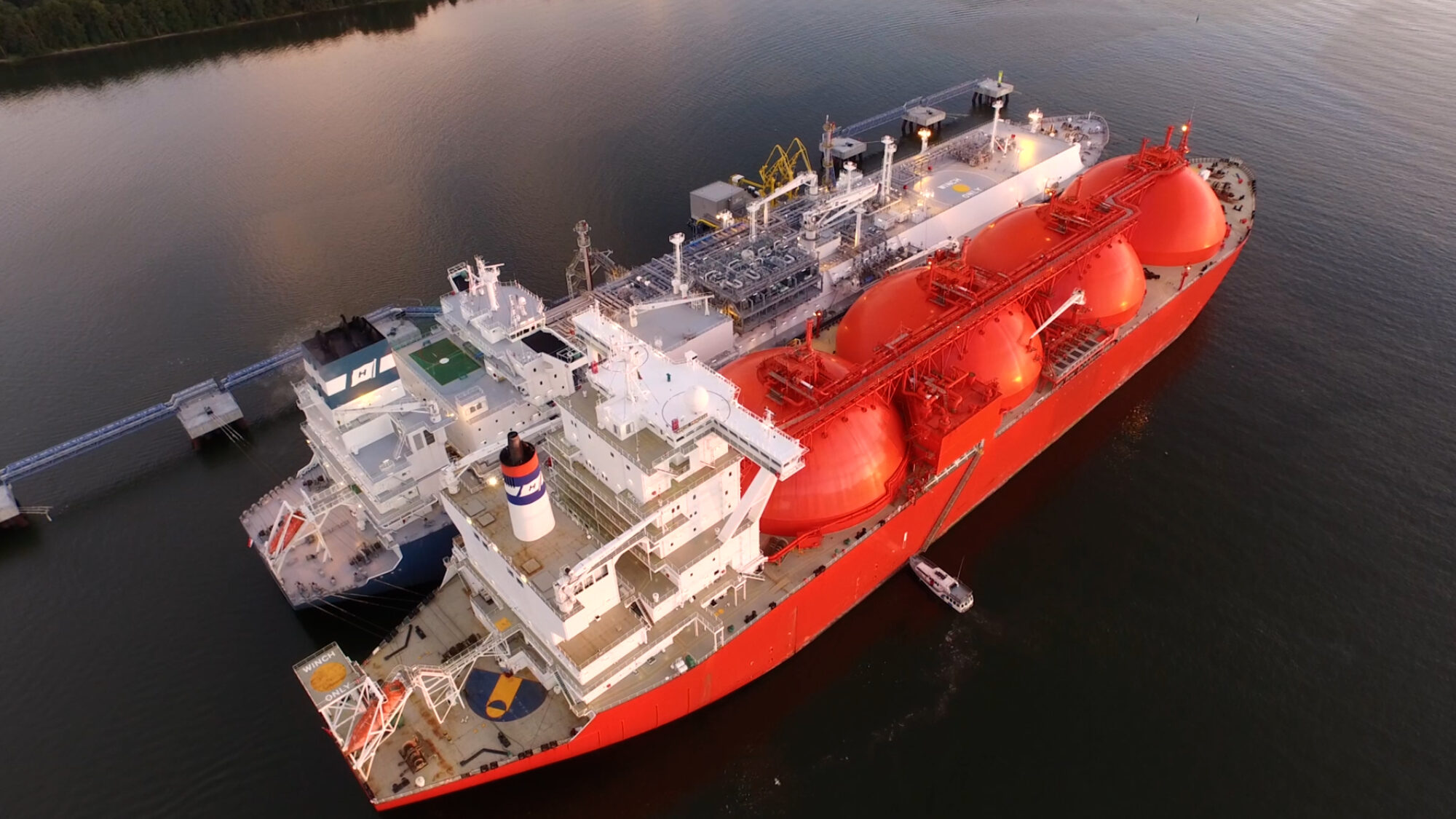VTTI and Höegh LNG sign agreement to jointly develop energy terminal in Zeeland, Netherlands
VTTI, a leader in energy storage and decarbonization infrastructure, and Höegh LNG, a pioneer within maritime energy infrastructure, have signed an agreement to jointly explore options to develop and operate Zeeland Energy Terminal, in the Vlissingen port area in the Province of Zeeland, southern Netherlands.
The terminal will be based on a Floating storage regasification unit (FSRU), which in time, plans to transition from import of Liquified Natural Gas (LNG) to hydrogen. The facility will be connected to one of the largest industrial clusters in the Netherlands and to the Dutch and European gas pipeline network and, sequentially, the hydrogen backbone. It is expected to be in operation in the second half of 2027.
Zeeland Energy Terminal will contribute to the security and affordability of gas supply for the Netherlands and other parts of Europe by increasing its natural gas capacity with LNG importation. The facility will have an annual throughput capacity of up to 7.5 billion cubic meters, which corresponds to around 25% of the current total average gas consumption in the Netherlands (source: central bureau of statistics NL – 2022).
The partnership entails a 50-50% joint venture for the LNG import facility which includes an adapted FSRU offering an integrated infrastructure solution, leveraging each of the companies’ strengths. VTTI has a leading position in the development and operation of terminal facilities, while Höegh LNG is a world-leading owner and operator of FSRU’s.
Utilizing floating infrastructure in the form of an FSRU allows for sustainable delivery of natural gas, with limited environmental impact and a short construction timeline. Höegh LNG’s FSRU is a transitional infrastructure solution as it can be adapted to import increasing volumes of clean energy over time, while continuing to supply necessary volumes of natural gas.
The project will be developed under a ‘Rijkscöordinatieregeling’, a decision-making process coordinated by the Dutch government for energy projects of national importance. The public participation phase, part of the first stage in this procedure, is scheduled to begin in the first quarter 2024. Furthermore, a dialogue with interested market parties is ongoing, and the project team will commence an open season during the first half of 2024, to gauge further market interest in its regasification capacity.
For more information, please contact:
VTTI B.V.
Communications
zeelandenergyterminal@vtti.com


